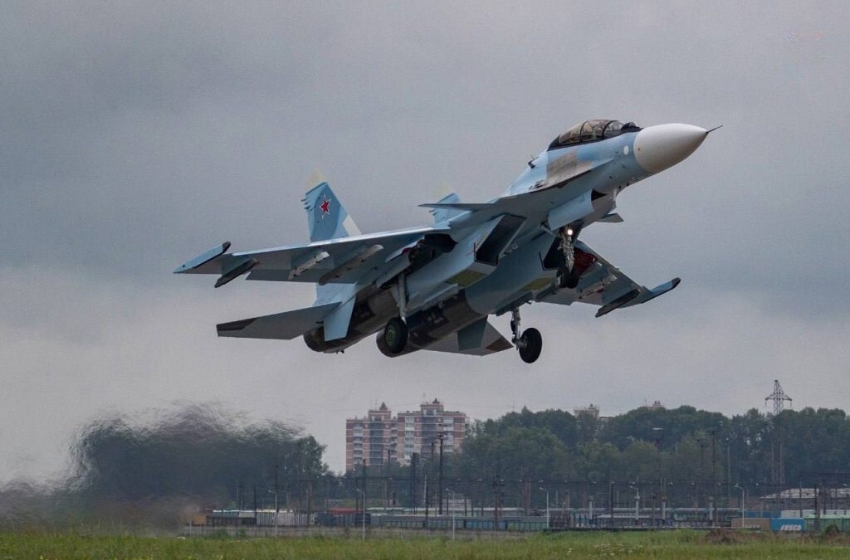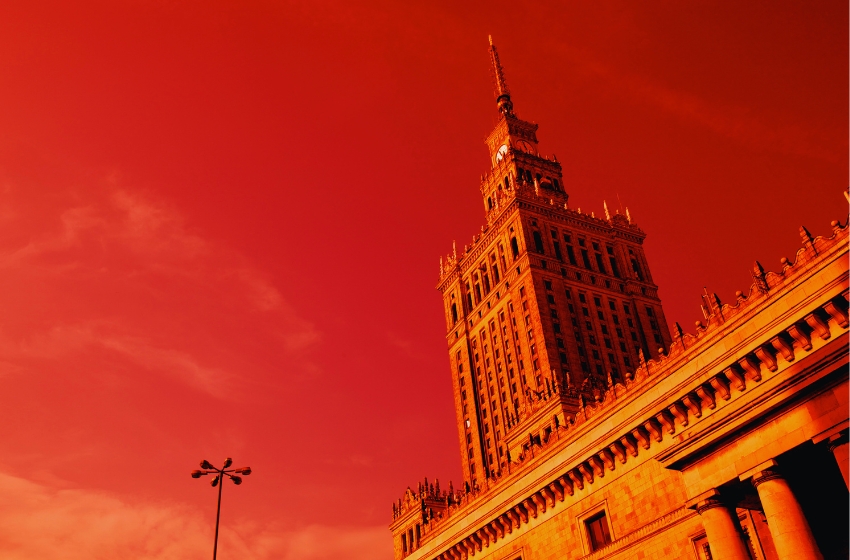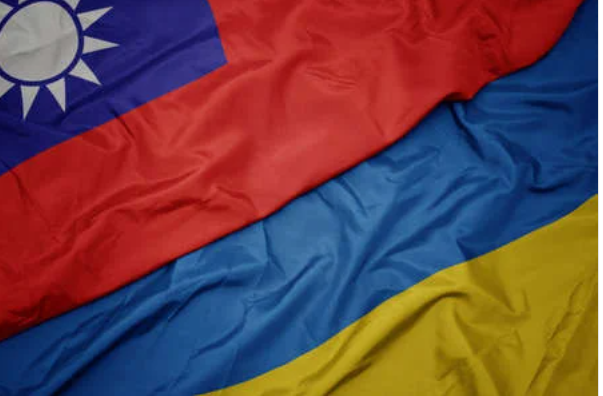The international intelligence community InformNapalm has reached out to French companies Thales and Safran, whose equipment is utilized on Russian fighter jets and serviced in Kazakhstan.
The response from the companies was published by the community on its website.
It is worth noting that on September 12, it was reported that the Kazakh company ARC Group services Russian Su-30SM fighters in circumvention of sanctions, using French equipment from Thales and Safran.
As of 2024, Russia has approximately 130 units of modernized Su-30SM fighters equipped with avionics manufactured in France.
Response from Thales
It has been reported that Thales approached the response to the inquiry very responsibly. The company stated that their equipment was not supplied to the 405th Aircraft Repair Plant in Kazakhstan.
While Thales confirmed that they provided training for some personnel, they emphasized that no repair work or spare parts were provided to the Kazakh side.
Furthermore, Thales has suspended all contracts with the Kazakh plant and is considering the possibility of filing a lawsuit to terminate the agreement and potentially seek damages.
"We welcome this prompt and decisive action by Thales. They have not only confirmed their compliance with international sanctions since 2014, but have also taken proactive steps in response to the specific data published by InformNapalm. Such a responsible stance sets a positive example in the defense industry, especially given the geopolitical sensitivities at play," stated InformNapalm.
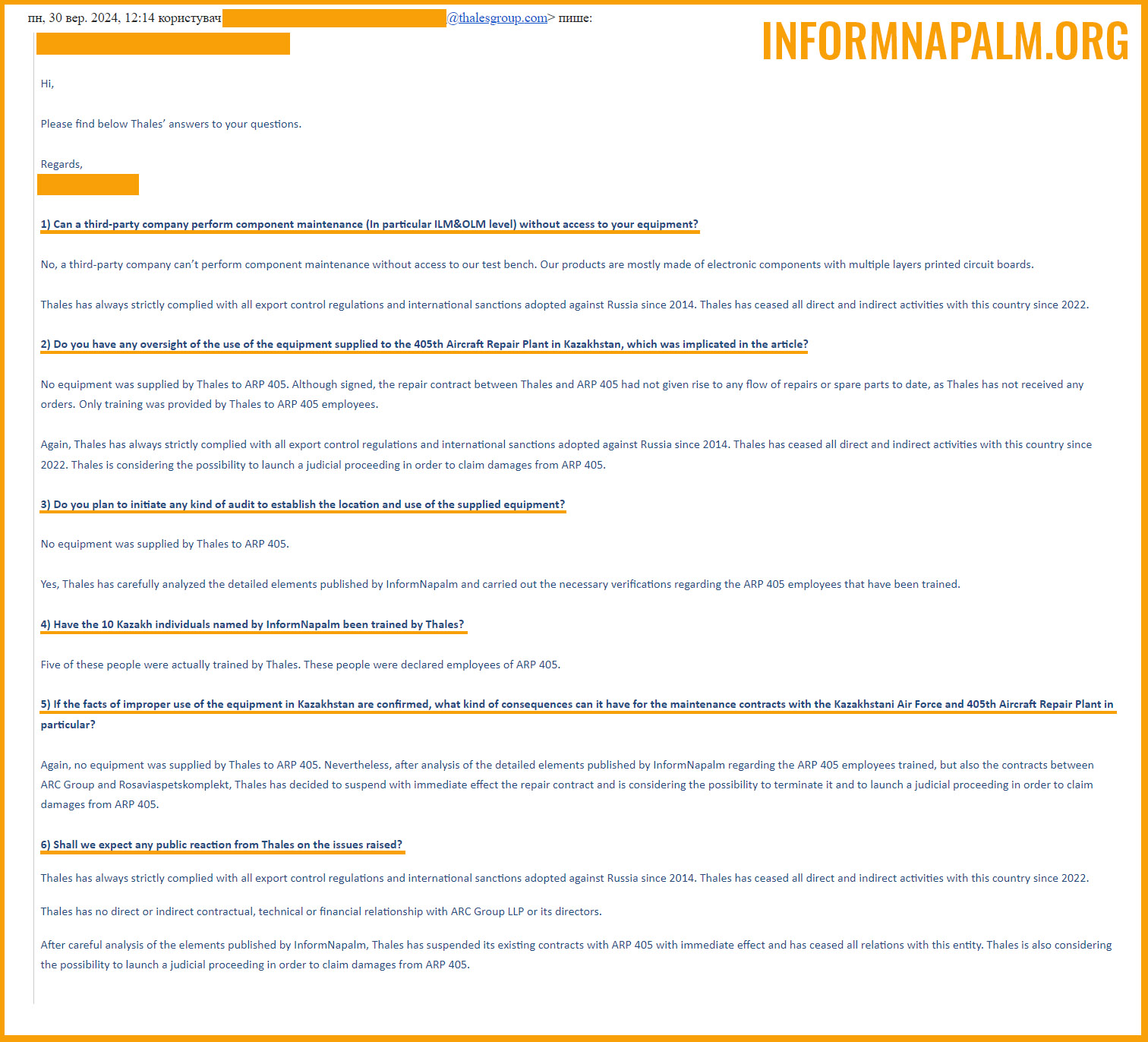
Response from Safran
Safran's response to inquiries was more evasive. While they assured that they have complied with sanctions since 2014 and outlined general export control procedures, they declined to provide any details regarding their connections with organizations responsible for the maintenance of their components on the Kazakh side, stating only that they "do not wish to enter in any specifics regarding countries or companies."
Safran stated that they have ceased direct supply of military equipment to Russia in accordance with sanctions; however, their response did not address several important issues.
Firstly, in response to a direct question about their relationship with ARC Group, the Kazakh company that presented itself as Safran's exclusive distributor in Kazakhstan and Kyrgyzstan, they did not clarify whether ARC Group's claims were valid. InformNapalm noted that if ARC Group falsely claimed to be the exclusive distributor, it would not have been difficult for Safran to simply deny this.
"Instead, their silence on this issue raises concerns about whether the company is willing to disclose the extent of cooperation with the ARC Group, or is fully aware of the ARC’s actions behind its back," stated the community.
Additionally, in response to another direct question, Safran did not specify what control measures were taken to prevent the resale of their equipment to Russia by their Kazakh partners.
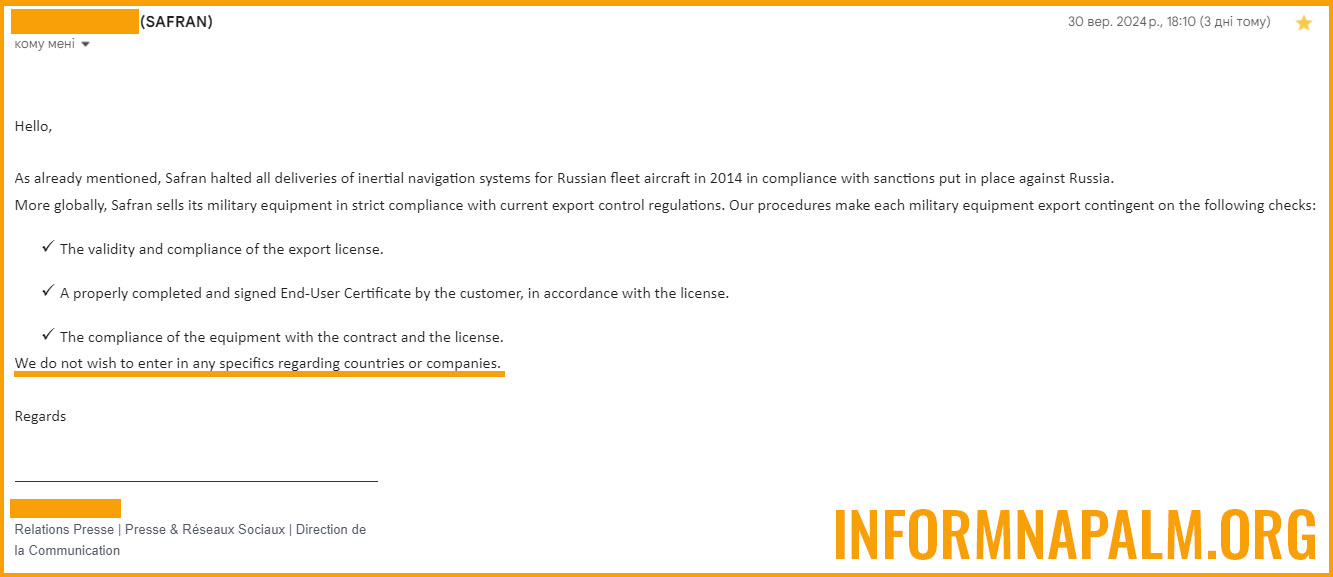
"This lack of clarity raises suspicions about the full extent of Safran’s involvement in the sanctions dodging. While they may have adhered to formalities, their unwillingness to engage with the substance of the matter demands further investigation," wrote InformNapalm.
It should also be noted that at the time of writing this note, the ARC Group website was closed to public access. The closure occurred approximately a week after the investigation was published.









